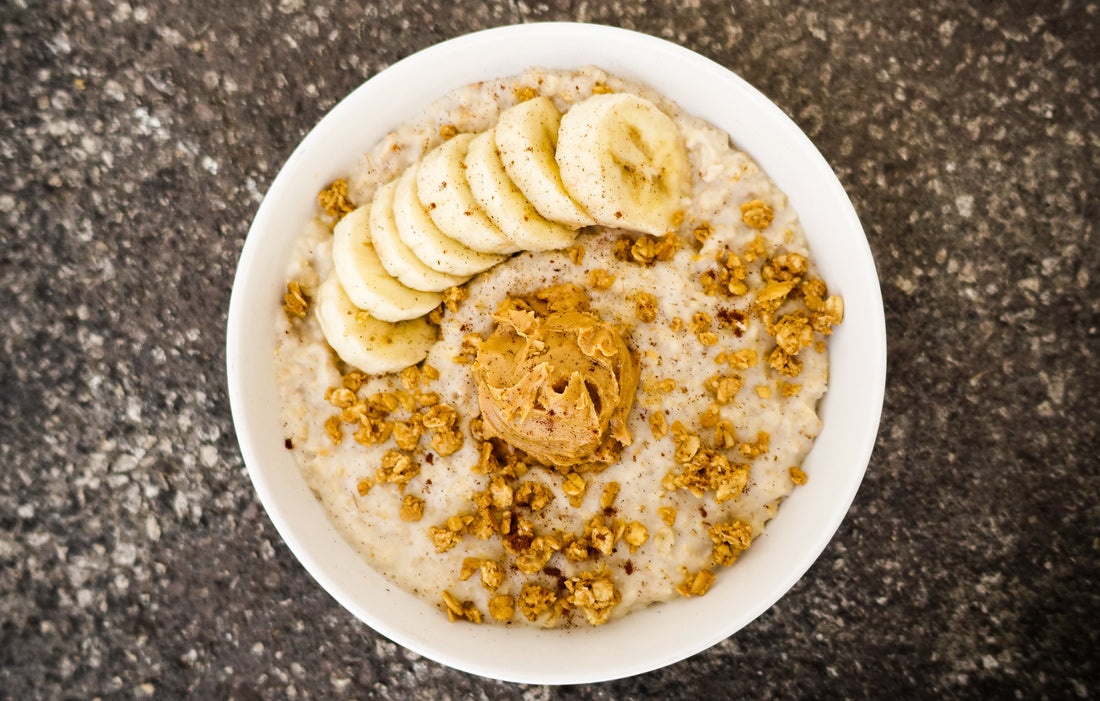
Oatmeal - A Healthy Choice?
Share
Contrary to popular belief, oatmeal doesn't have that much nutritional value. It does contain some fiber in the form of beta glucan. Since most of the population is sorely lacking in fiber, it's easy to look at this aspect when considering oatmeal as a staple food. As far as other nutrition like protein, vitamins and minerals, it's pretty low as compared to other foods.
Oatmeal does have a significant amount of carbohydrates. In a cup of oatmeal, there are about 27 grams of carbohydrates. Only four of those are fiber, so the net value is 23 grams. That value is more than most people need or can use for a full day. This does not take into account any sweetened additions. Adding sugar, maple syrup, honey or fruit preserves will further turn this breakfast food to a desert. Oatmeal will raise glucose and insulin pretty significantly and can increase risk of developing insulin resistance, diabetes or other disease processes.
Oats do not contain gluten but they do usually get processed in a wheat mill which tends to cross-contaminate them with gluten. On a molecular level, however, oats and gluten look very similar so the immune system will readily confuse the two and react accordingly. This is called molecular mimicry. As an annoying side note, because of this molecular mimicry, eating oats will lower thyroid function especially in cases of autoimmune thyroiditis since they thyroid is sensitive to gluten.
Clinically, most IgG food reactivity tests will show oats as being problematic for people. It is thought that oatmeal got its celebrity status from conventional doctors and cardiologists who had discovered that if they get people to eat a high fiber food, the fiber will bind to cholesterol and help remove it from the body. They didn't bother looking at any other nutritional status or diabetic influences.
